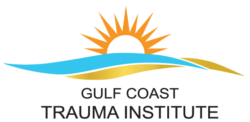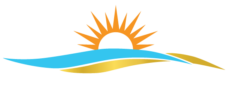Integrated Somatic Regulation
In this two-day experiential training, participants will learn a step-by-step approach to trauma treatment developed by Dr. Matthew Vasquez that 1) enhances client safety, stability, and resiliency, and 2) effectively processes trauma using a somatic (body-based) approach. This intervention draws upon the perspectives and techniques of body-based psychotherapy, sensorimotor psychotherapy, somatic experiencing therapy, eye movement desensitization and reprocessing, mindfulness practice, and other movement-centered therapeutic approaches. Integrated somatic regulation™ is a person-centered, evidenced-informed, body-based approach to trauma processing that can be used to treat even the toughest, hard-to-treat traumatic memories.
Participant Outcomes
- Understand how information processing and self-sensing systems are negatively affected by trauma.
- Practice specific techniques that increase a client’s ability to build emotional and somatic power and resilience.
- Identify methods of segmenting traumatic memories to smaller, easier to process pieces.
- Practice body-centered methods of trauma processing that focus on present-moment awareness, mindfulness, and body movement.
- Develop plans for clients to use elements of this approach to promote self-regulation and wellness.
Approach
Integrated somatic regulation™ is a highly experiential workshop that blends presentations and real-life roleplay experiences. Attendees will complete this course feeling competent to begin using these advanced clinical techniques with their clients.
Integrated somatic regulation™ is designed for mental health providers who provide therapeutic services.
Training occurs over two consecutive days.
Schedule 9:00am – 4:30pm (with one hour for lunch each day). Daily schedule times can be adapted if necessary.
In-Person: Your organization can schedule private booking and is responsible for providing a location conducive to adult learning.
Online: It is highly recommended this training be conducted in person. However, if needed, an online option is available.
Note: Ongoing clinical consultation for attendees is highly recommended.
At the completion of the training, each participant will receive a Integrated Somatic Regulation™ certificate from the Gulf Coast Trauma Institute and up to 12 CEUs (if available).


